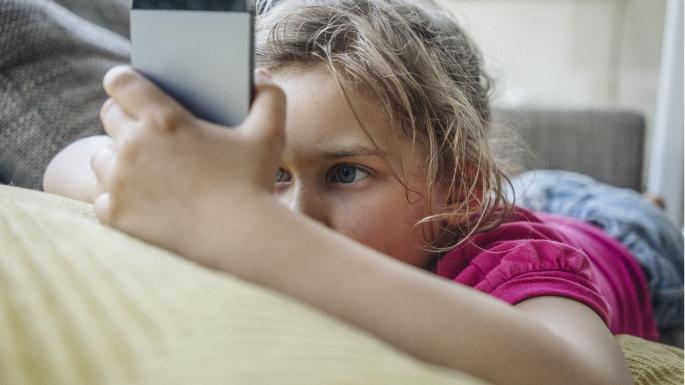Social media turn children into addicts, says watchdog
- November 20, 2016
- Brenda Fisher
- 0 Comments

Children become addicted to social media such as Facebook and Snapchat in the same way as junk food, the children’s commissioner for England has warned.
Anne Longfield said that technology companies should stop using their algorithms to hook youngsters, and that parents also needed to play a part.
“None of us would want our children to eat junk food all the time,” she said. “For those same reasons we shouldn’t want our children to do the same with their online time. When phones, social media and games make us feel worried, stressed and out of control, it means we haven’t got the balance right.”
The regulator Ofcom reported last year that the internet had overtaken television as the favourite media pastime of British children. It said that three-year-olds and four-year-olds were spending 8 hours 18 minutes a week online, rising to 15 hours for children aged 5 to 15. Critics believe that many apps are designed to “hook” children to increase their engagement figures and advertising revenue.
Ms Longfield said: “I want them [social media companies] to stop using the algorithms and the targeting that get kids addicted — all those things that we know can be very stressful and very destructive. However, it doesn’t mean that parents themselves can step aside and wait for that to happen.”
She said social media bosses were “clever people, who know their industry well. They can do things if they want that I don’t even know exist, and there are some good examples of them using their expertise, for example by spotting people who have suicidal tendencies. But they are not doing [enough] yet.”
The commissioner, speaking to The Observer, suggested that parents should not simply take away their children’s internet access but should try to enforce a “healthy online diet”, encouraging the use of educational sites and apps.
Children should be helped to understand that social media sites would always encourage them to click on another game or video based on their previous activities, she added.
The Snapstreak feature of Snapchat was singled out for criticism. Snapstreaks occur when two people message each other back and forth every day for more than three days. Children will go to extraordinary lengths to maintain streaks for hundreds of days, and they are sometimes viewed as a measure of the strength of a friendship. The NSPCC has received calls from children distraught about losing Snapstreaks.
